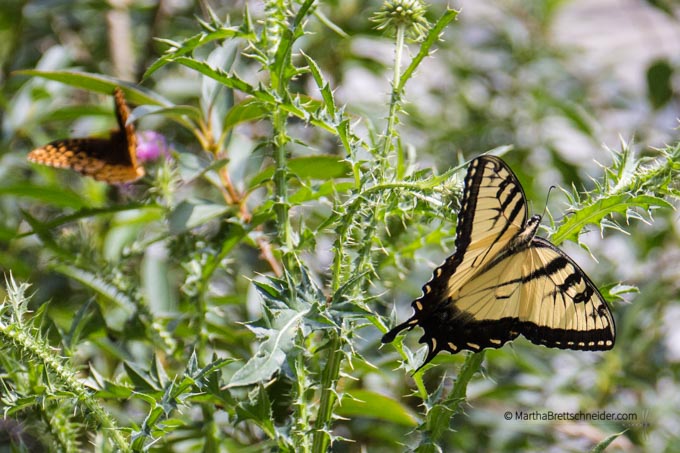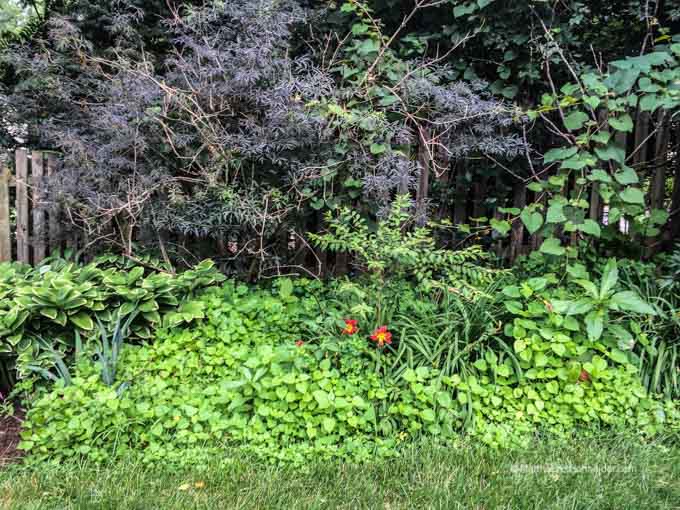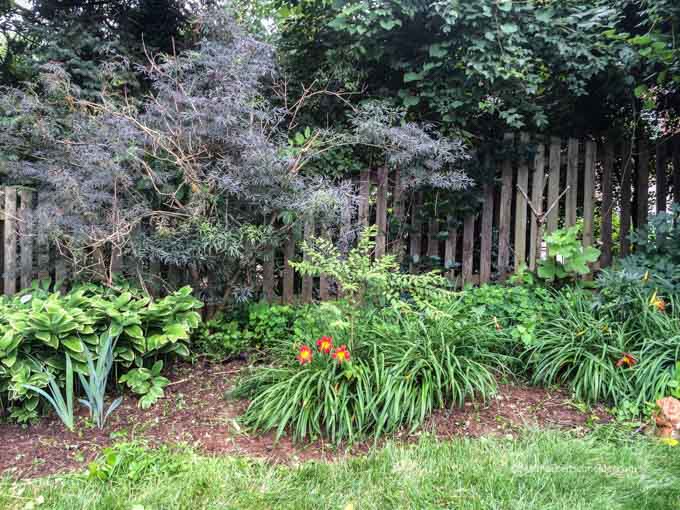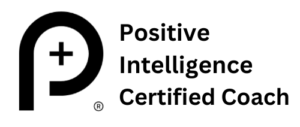Welcome to the final edition of my July habit reboot series.
If you’re just dialing in, I’ve been writing all month about lessons I learned from Gretchen Rubin’s Better Than Before: Mastering the Habits of Our Everyday Lives.
With my new understanding that I’m an Upholder who is motivated by both internal and external expectations, and recognizing the strong role of accountability in my habit formation, I reached out to my friend Cathy for a little experiment.
Cathy is a classic Obliger, who is motivated primarily by external expectations. She gives and gives and gives to her family, friends, and the community, but never protects time for herself.
Making jewelry feeds Cathy’s soul, but since moving into a new house a couple of years ago, she’s been too busy taking care of everyone else to get her jewelry studio set up. I could tell that Cathy’s lack of creative output was depleting her.
My problem was my garden.
Gardening used to be at the top of my soul-feeding habits. In recent years other competing interests have inched their way into my daily schedule. Spring, however, had remained sacrosanct for gardening.
This year life got in the way of even my most ingrained spring gardening routines. Writing a book, starting a business, and bringing home a new puppy with a penchant for plant eating all converged to push gardening to a back burner.
Though I pulled a bit of chickweed back in April, I never got around to the all-important task of mulching. I didn’t even get around to paying someone else to do it. Needless to say, the weeds have had a field day, helped along by higher than average rainfall and no protective cover to block their progress.
“Bwahahaha! We have taken over and will soon rule the world!” the weeds seemed to cry when I noticed their rapid encroachment in June.
Still strapped for time, and with house guests arriving in late July, I needed an emergency plan of action.
Accountability Buddy System
I asked Cathy if she wanted to run an accountability experiment with me. We would each try to work on our respective projects for just 15 minutes a day for 30 days. (According to Better Than Before, I’m a “marathoner” who likes to work at a slow and steady clip and I like to take small steps rather than big steps.)
Cathy signed on enthusiastically. Not wanting to disappoint me (the external expectation) would be a good strategy for my selfless Obliger friend.
We started in mid-June, but were both sidetracked pretty quickly (pneumonia descended on our house and Cathy fell victim to end-of-school volunteering requirements and kid drama). We shook it off and started over again on July 1.
My own project began with weeding the front walkway and the beds surrounding my back patio. From there, I shifted my efforts to areas most easily seen from the kitchen window, where most of my garden viewing takes place.
The timer on my phone chimed at the beginning and end of my 15-minute sessions. I use a timer app called Zazen Suite, but there are many options out there. A basic kitchen timer would work just as well.
I was amazed at how much weeding I could accomplish in just a quarter of an hour. If the ground was moist from a recent rain, the soil released its grip on weedy roots more easily, resulting in especially rapid progress. Here are some before and after shots of one focused, 15-minute weeding session:
The system helped to reduce my sense of overwhelm. Instead of looking at the whole yard and thinking, “I have so much more to do!” I could say to myself, “You finished your 15 minutes for today! Good for you!”
Bank Credits
If I was able to work longer than 15 minutes, I put additional 15-minute segments “in the bank” for days when I was too strapped for time to get outside or if I was out of town. It proved to be a real stress reliever.
The banking system revealed that Cathy seems to prefer working in larger chunks of time (“making it worth it to turn on some music,” as she pointed out).
But it’s even harder to find large chunks of time than it is to find 15 minutes, so the smaller goal made forward progress much more manageable and sustainable over time.
Tiny Steps and Regular Check-Ins Lead to Big Progess
Comparing progress with Cathy helped to keep me on track.
Brief check-ins were energizing, like when Cathy messaged me on Facebook with, “I did my 15 and it made me happy. Reboot good.”
Another day after she reported her progress, I replied, “I would have blown off the garden since I have 3 in the bank. But then I saw your note, realized I had no good reason not to go clock my 15 for the day, and went out and got er done. Thank you!”
Once we had a foothold in our routines, the visible progress reinforced our motivation. Cathy wrote that setting up her jewelry studio in the basement was inspiring her to finish up other clutter clearing tasks in the surrounding area:
“I can see that a few 15-minute sessions would take a big bite out of these projects and quality of life will increase exponentially.”
By the end of our month-long experiment, I had made enough headway to look outside and feel good about what I saw. It’s not 100 percent — a few pockets of weeds remain here and there. But by the time my house guests arrived, the garden was in decent enough shape.
Most importantly, my garden habit reboot had succeeded in re-instilling the sense of joy I experience when connecting with the earth. Once I get back from the family reunion I’m currently attending, I’ll keep going with my 15-minute weeding strategy.
How about you? Have you tackled any new habits this month or rekindled former ones? I’d love to hear about it! And if you haven’t quite gotten to the starting line yet, grab a buddy and make a game of it!
If you enjoyed today’s entry and are not yet a subscriber, sign up above for free delivery of new posts to your email inbox. (I promise to never share your information.) Social media likes and shares are always appreciated as well!





